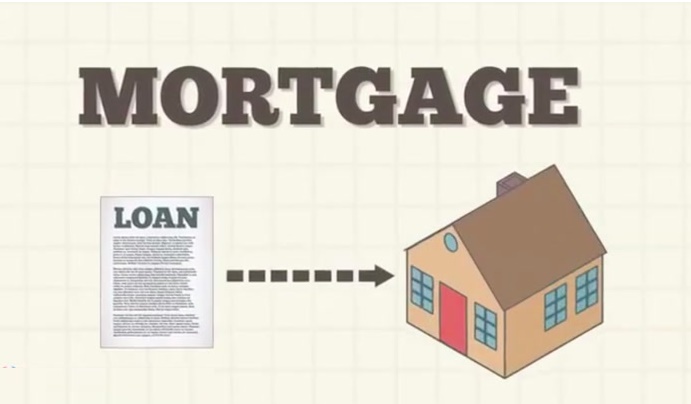Usually, big loan defaulters are influential and they try to influence the loan approval in their favour, but there are allegations that some people in the banks concerned are also involved in the process, he pointed out, explaining why banks in most cases fail to recover their loan and interest amounts in full from the auction of mortgaged property
Land is a tangible asset and a solid investment option for its ever-increasing price.
But for banks, it turns out to be a burden when they try to monetise land mortgaged against loans. Even after getting court orders following prolonged legal procedures, they fail to sell the land and properties in auctions for the desired price.
The asking price – which is the total of the principal amount of unpaid loans and accrued interests – is often much higher than the market price of the property, and the auction often gets no response.
Take the case of the Polymer Packaging Industry.
In 1991, the company borrowed Tk27 crore from the Motijheel Commercial Branch of Uttara Bank. As the loan was not repaid, the loan amount (the principal and interest) stood at Tk41 crore in 2000.
At the time of the loan agreement, the borrower gave Tk27 crore worth of properties to the bank as collateral against the loan.
In 2000, Uttara Bank declared Polymer Packaging a loan defaulter and filed a case with the Artha Rin Adalat (money loan court) in Dhaka. Two years later, the court ruled in favour of the bank and ordered the auction of the mortgaged property.
Despite several auction notices, no one participated in the auction purchase. The court ultimately handed over the mortgaged property to Uttara Bank in 2003 and issued a certificate.
An official from the bank's legal department told The Business Standard that in 2004, the bank was able to collect Tk31 crore by selling four Polymer properties in Dhaka but the loan amount had stood at Tk41 crore.
"As the bank could not recover the remaining Tk10 crore, it filed another case with the Artha Rin Adalat in 2004 to recover the money," the official said, adding that Polymer Packaging secured a stay order in the case by filing a writ petition with the High Court in 2006.
The company in its petition said its business performance was poor. In this circumstance, the possibility of recovering that Tk10 crore now looks very slim, said the official.
Again, banks quite often waive interests on loans, he continued.
Such cases are numerous – from December 2011 to December 2020, four money loan courts in Dhaka disposed of 11,000 such cases and issued certificates to various banks, handing over mortgaged assets worth around Tk60,000 crore.
Deputy Attorney General Imran Ahmed Bhuiyan, who specialises in banking and company law, told TBS that usually no one shows interest in bidding in such auctions.
"As a result, banks have been able to recoup only the principal amount by selling or occupying the mortgaged properties worth Tk60,000 crore that they had taken possession of with the help of the court. The rest of the money remains unrecovered most of the time," said Imran Ahmed.
He mentioned that according to the money loan court act, banks have to file a case again to recover the remaining amount. In that case, the court rules to auction off other properties of the defaulters other than the mortgaged ones.
It is observed that most of the time defaulters manage to secure a stay order in the case by filing a writ petition in the High Court and such cases are not disposed of in a long time.
According to court sources in Dhaka, about 7,000 such cases have been put on hold in four money loan courts over the last 10 years by High Court orders. Against these cases, about Tk20,000 crore of bank money remains stuck.
Ahsan H Mansur, executive director of the Policy Research Institute (PRI), told TBS that the legal procedures for recovering defaulted loans is quite complicated in Bangladesh.
This complication could have been lessened had there been a provision for issuing a court ruling or order to realise a bank's entire claim in the judgment of a case.
Banks file cases to settle the entire claim, but, as per the law, the court in the first judgment orders to auction only the properties which have been mortgaged to the banks.
After selling the mortgaged assets, banks have to file a new case to recover the remaining portion of their claim but that case remains pending for various reasons. Instances of banks' being able to recover this money are quite rare.
Sayeed Hossain Chowdhury, chairman and CEO of HRC Group, was declared a defaulter by Standard Bank last year. HRC Shipping Lines based in Chattogram, a company owned by Sayeed Hossain Chowdhury, owes the bank Tk121.43 crore, including interests.
The bank failed to find a buyer even after trying to sell the mortgaged property of the company more than once to recover the defaulted loan under Section 12 of the Artha Rin Adalat Act.














